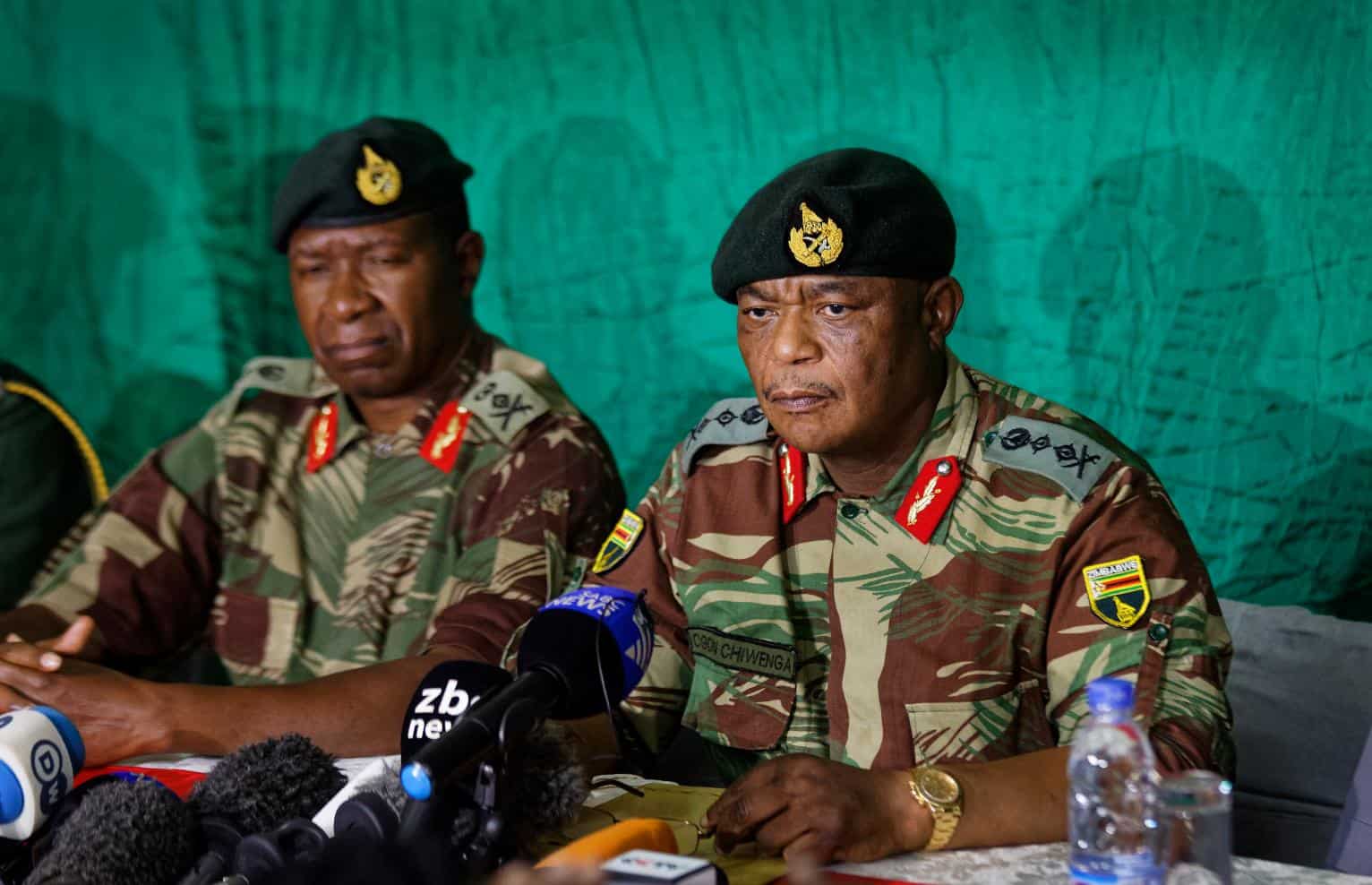Some disgruntled nurses have accused Vice President Constantino Chiwenga of deliberately blocking salary and allowance increments in the health sector as a form of punishment for past strikes and demonstrations. This sentiment arises from the government’s decision to increase salaries for teachers, police officers, army personnel, and pensioners while excluding the health sector from the communication regarding the adjustment.
In a letter dated April 4, 2023, it is outlined that cushioning allowances would be increased to US$200, along with a US$250 Covid-19 allowance, which the nurses will not be receiving for unspecified reasons. These increases were the result of resolutions from the National Joint Negotiating Council (NJNC). However, negotiations for health sector employees, who have been threatening industrial action since Chiwenga’s appointment as Health Minister, have yet to take place.
The government memorandum on the salary changes states, “The approved review is as follows: 100% remuneration review to gross ZWL emoluments from Deputy Director and below for all sectors.” It goes on to specify the revised allowances for various sectors but excludes the health sector from the increased cushioning and Covid allowance.
Speaking anonymously, a nurse based at Parirenyatwa Group of Hospitals expressed the belief that Chiwenga was punishing them for their previous strikes and demonstrations demanding better wages, working conditions, and allowances. The nurse mentioned that Chiwenga had previously fired some of them and had advocated for the criminalization of industrial action, stating, “takajayidzwa” (we were spoiled).
The nurse further commented, “It does not make sense that all other civil servants would have their salaries and allowances increased, and we do not get communication as to what the government is thinking about us.”
A doctor from Sally Mugabe Hospital also stated that the government seemed to be intentionally demotivating the health sector, emphasizing that it was illogical for the letter, signed on April 4 with backdated allowances and salaries to February, to exclude their plight.
Teachers, on the other hand, have rejected the increase and demanded a monthly salary of US$1,260 to cover their monthly expenses. They argue that with an average gross income of US$340, they are unable to afford rent, medical aid, funeral cover, transportation, food, school fees, clothing, or saving. The Amalgamated Rural Teachers Union of Zimbabwe (ARTUZ) President, Obert Masaraure, expressed that expecting teachers to diligently report for duty under these conditions of poverty would be insincere.













